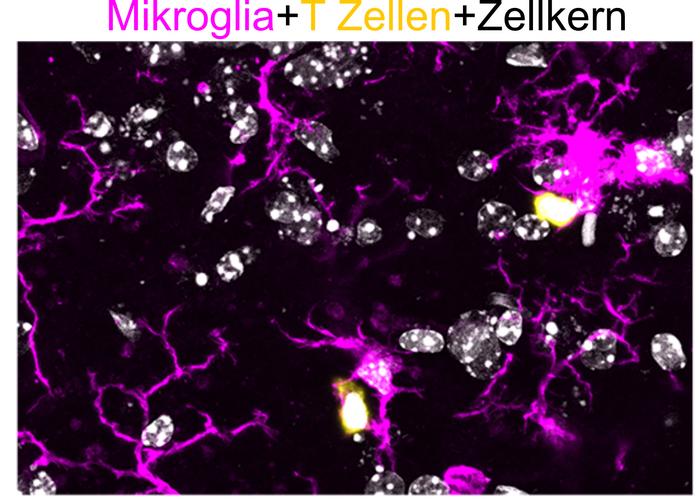
A groundbreaking study offers fresh insight into the biological underpinnings of autism spectrum disorder (ASD), using a rare neuromuscular disease as a model to illuminate critical pathways in brain development.
Read more: New Molecular Link Discovered Between Autism and Myotonic Dystrophy

Emerging research suggests that cannabidiol (CBD) extract may offer meaningful benefits for children and adolescents with autism spectrum disorder (ASD), according to a meta-analysis presented at the European Psychiatric Association (EPA) Congress 2025.
Read more: Cannabidiol Shows Promise in Managing Autism Spectrum Disorder Symptoms

Mass General Brigham researchers, in collaboration with Boston Children’s Hospital and Dana-Farber/Boston Children’s Cancer and Blood Disorders Center, have unveiled a promising advance in pediatric brain tumor care:

Researchers from the University of Bonn and DZNE uncover the role of brain inflammation in spastic paraplegia type 15, offering new therapeutic possibilities.
Read more: Immune Response Identified as Early Driver in Spastic Paraplegia

New research uncovers important genetic clues that may help predict treatment resistance in focal epilepsy.
Read more: Common Genetic Variants Linked to Drug-Resistant Epilepsy

In a groundbreaking discovery, researchers at the Mayo Clinic have identified specific brain cell changes that may explain the involuntary tics characteristic of Tourette syndrome.

In a major step forward for children affected by rare genetic epilepsies, researchers from the Epilepsy Neurogenetics Initiative (ENGIN) at Children's Hospital of Philadelphia (CHOP) have completed the most comprehensive study yet on SCN8A-related disorders.

A new study from the University of Michigan is breaking fresh ground by using artificial intelligence to better support neurodivergent children in physical activity programs.
Read more: AI Helps Deliver Tailored Exercise "Snacks" for Neurodivergent Children
Page 3 of 4